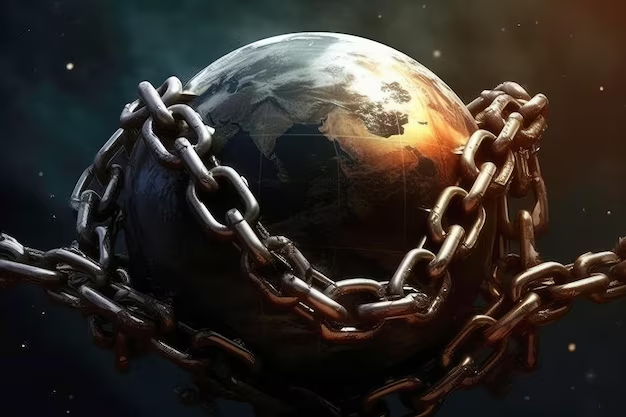By: Waqas Qamar Bhatti
Across the land of Pakistan, thousands of brick kilns burn every day and with them, countless lives burn too. These are the people the world calls “laborers,” yet the foundations of the nation’s economy rest upon their hard work. Bricks are shaped by their sweat, but their own dreams remain forever unfinished. Their days begin with the rising sun and fade away in the smoke of dusk.
For generations, kiln workers have been trapped in a cycle from which very few ever escape. Their lives revolve around debt, labor, and helplessness an unending chain of hardship. Most of them borrow small amounts of money from kiln owners or contractors, which soon turns into a lifelong burden. The more they work, the deeper the debt becomes. Thus, not one person, but entire families remain bound in this silent slavery for generations.
Many organizations claim to work for these laborers, yet in reality, most of them are driven by display rather than sincerity. Workers are made to sign receipts, photos are taken, reports are written but the promises made to them rarely see fulfillment. At times, a few hundred rupees are handed over and the matter is closed. Other times, they are told to “wait for the next phase.” Such actions breed despair among laborers and slowly destroy their trust in those who claim to help them.
This is a class of people who often cannot even afford medicine. Buying medicine is a dream; sending their children to school feels like luxury. Warm clothes in winter are a rarity, and their lives revolve around one simple hope that they may somehow arrange the next day’s meal. Smiles on their faces are few; exhaustion, ever-present.
In these circumstances, the government’s relevant departments particularly the Labour Departments bear a great responsibility. They must regularly inspect kilns, maintain records of workers, monitor their wages, working hours, and living conditions. These departments were not created merely to produce reports, but to protect the dignity and welfare of workers. If they perform their duties with honesty, the lives of kiln laborers could greatly improve.
Similarly, welfare organizations must act with sincerity and transparency. They should provide direct financial aid to the laborers not through paperwork or staged reports. Real negotiations must take place with kiln owners to free workers from debt. Together with the government, a sustainable system should be developed to ensure that these workers never again fall into the trap of bonded labor.
The government also holds the power to change their future. It can take full responsibility for the education of kiln workers’ children. These children should be removed from kilns and placed into schools where education is free, uniforms and books are provided, and meals are available. Education is the only road that can lift these families out of generations of enslavement.
Laborers, too, must realize their responsibility not to take on more debt than they can repay, and to prioritize their children’s education. They must think beyond survival and towards a better future. Once they decide to change their destiny, no force in the world can hold them back.
A strong nation is built where the weak are supported, where the hands of workers are respected, and where bread earned through sweat is honored. Kiln workers are the foundation upon which our cities, buildings, and homes stand. Their labor is the backbone of the nation without them, progress is merely an illusion.
The time has come for this class not only to receive sympathy but genuine action. The government, organizations, and the people must together build a system where every worker is treated as a human being. The hands that shape the earth deserve protection, comfort, and opportunity. Their children deserve pens, not mud.
Because only when the child of a kiln worker studies and moves forward will the nation truly progress.
And if these people bound by the soil are ever freed, then from their dreams will rise a new Pakistan.


